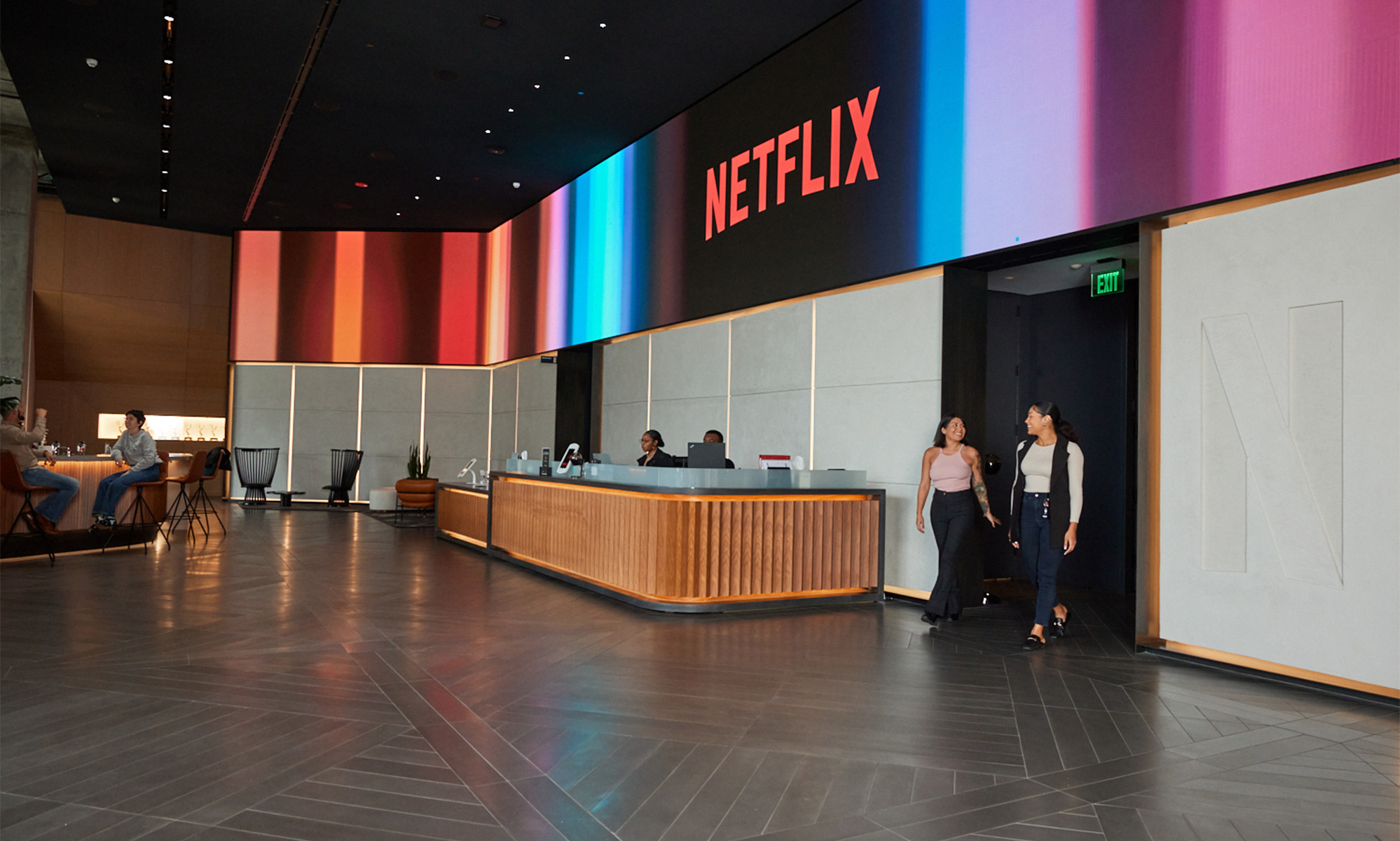
AT&T owns DirecTV. Image source: AT&T.
AT&T's (T +1.33%) chances of receiving regulatory approval for its deal to buy Time Warner (TWX +0.00%) look stronger under President-elect Donald Trump than under Barack Obama or Hillary Clinton. In addition a Republican-controlled Congress, and Tom Wheeler resigning as chairman of the Federal Communications Commission (FCC) make the deal even more likely to be approved.
What happened
Even though the president-elect has been publicly skeptical of media consolidation, many believe he will not get in the way of this merger happening. The Republican-controlled Congress certainly won't, and an FCC without Wheeler seems unlikely to put up any roadblocks.
That news has pushed AT&T shares higher, even though people are only speculating what might happen. The company's stock moved up steadily in the month of December. After opening at $38.63 on Dec. 1, it closed out the year at $42.53, a 10% change, according to data from S&P Global Market Intelligence.

Image source: YCharts.com.
So what
AT&T hopes to complete its $85 billion acquisition before the end of 2017. If the deal goes through, the company will add Time Warner's portfolio of cable channels to its wireless network, cable and satellite business, internet service, and other properties.
"This is a perfect match of two companies with complementary strengths who can bring a fresh approach to how the media and communications industry works for customers, content creators, distributors and advertisers," said AT&T CEO Randall Stephenson in a press release. "Premium content always wins. It has been true on the big screen, the TV screen and now it's proving true on the mobile screen."
Now what
It's easy to see why AT&T wants this deal to happen. If it goes through, the company would own HBO, TBS, TNT, CNN, and a number of other top-tier cable networks. In theory, AT&T would be able to leverage those brands to push customers to its various subscription services.
That could be through bundling, offering better pricing to subscribers, or exempting its own content from wireless or internet data caps. Those are tactics which Wheeler or the Obama administration may have had issues with, but with the incoming administration, that's less of a concern.
It seems very likely that AT&T will receive regulatory approval for this deal without any meaningful conditions. That may not be good for consumers, but it will be good for the company's shareholders.






